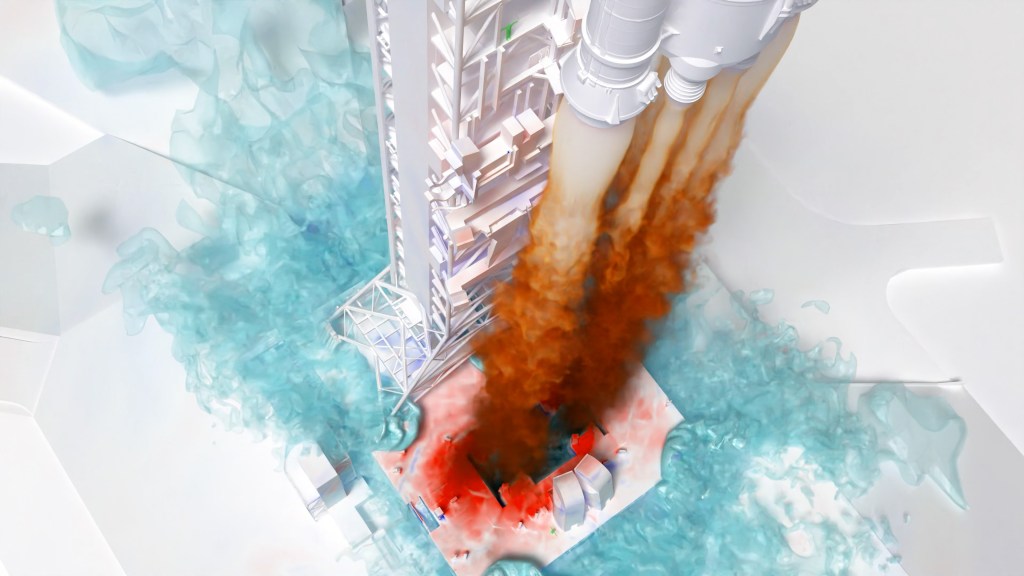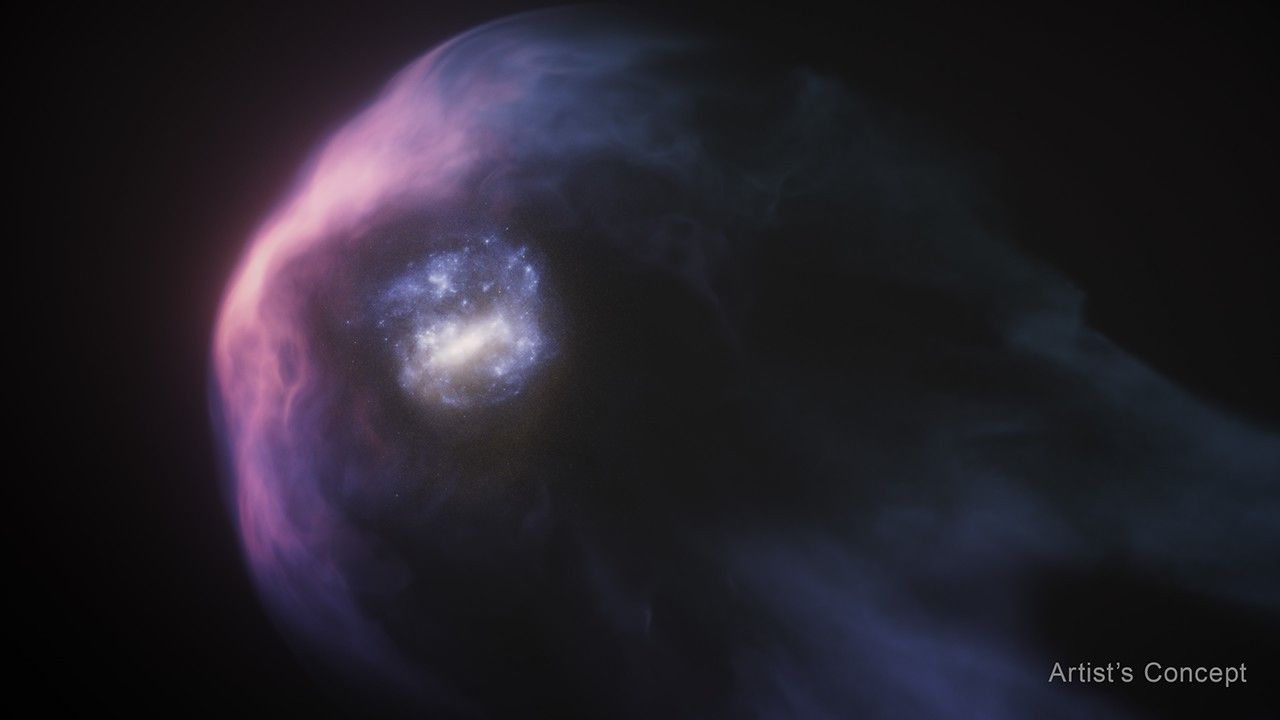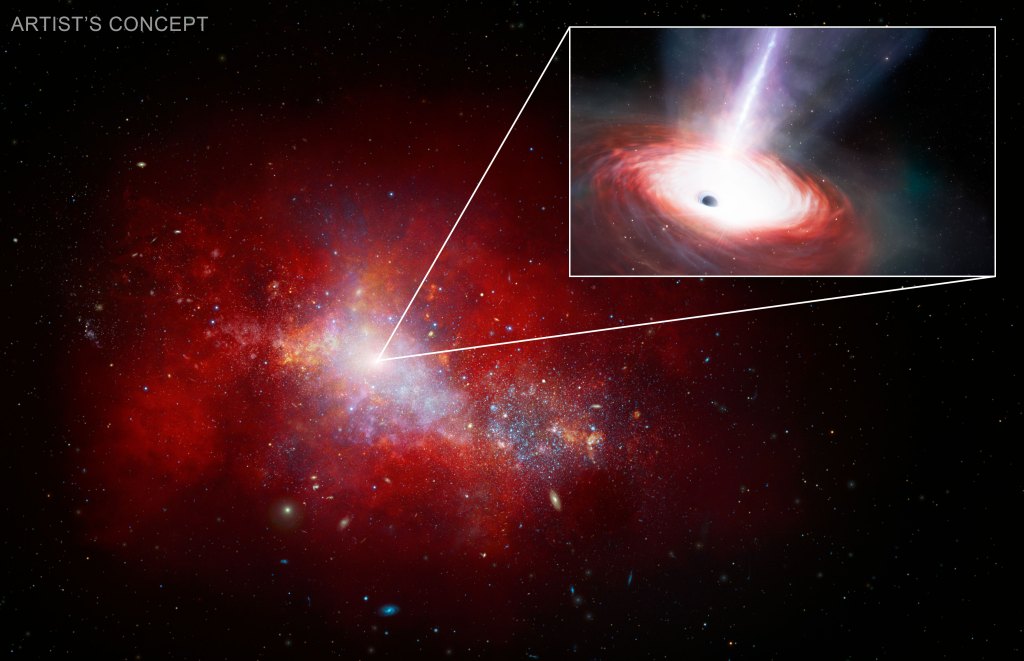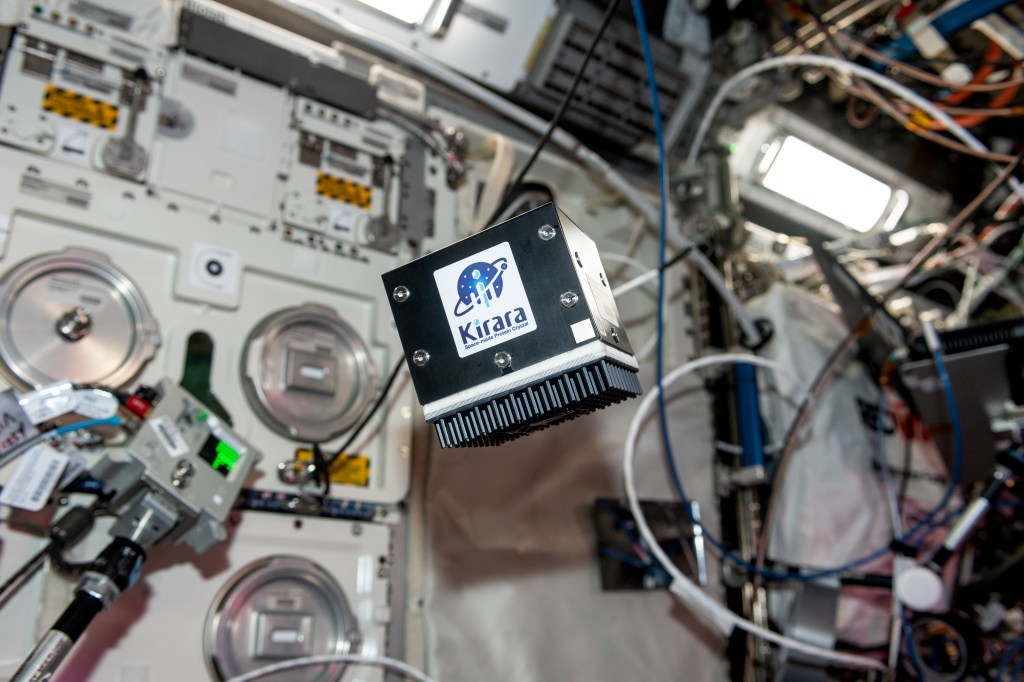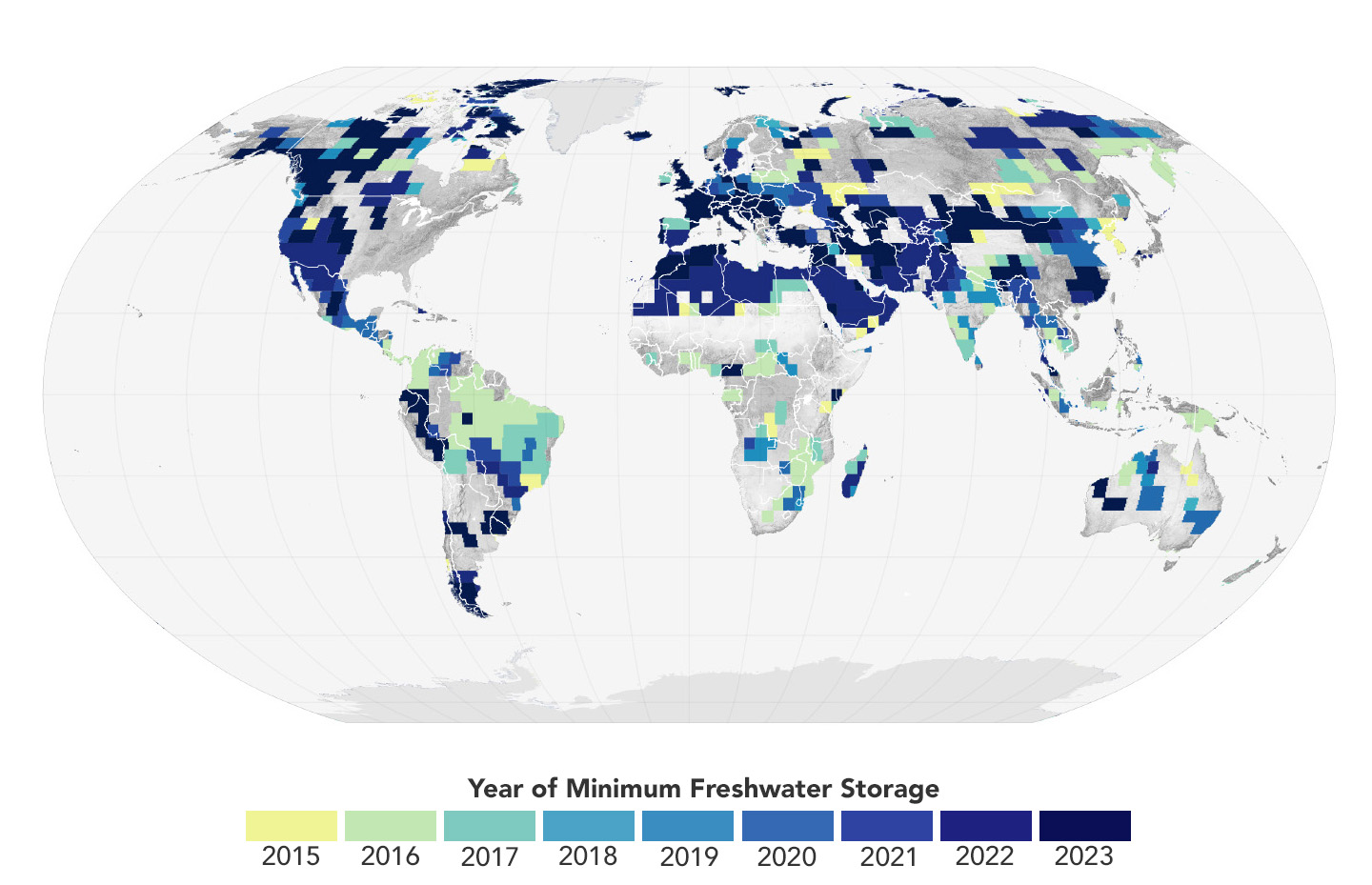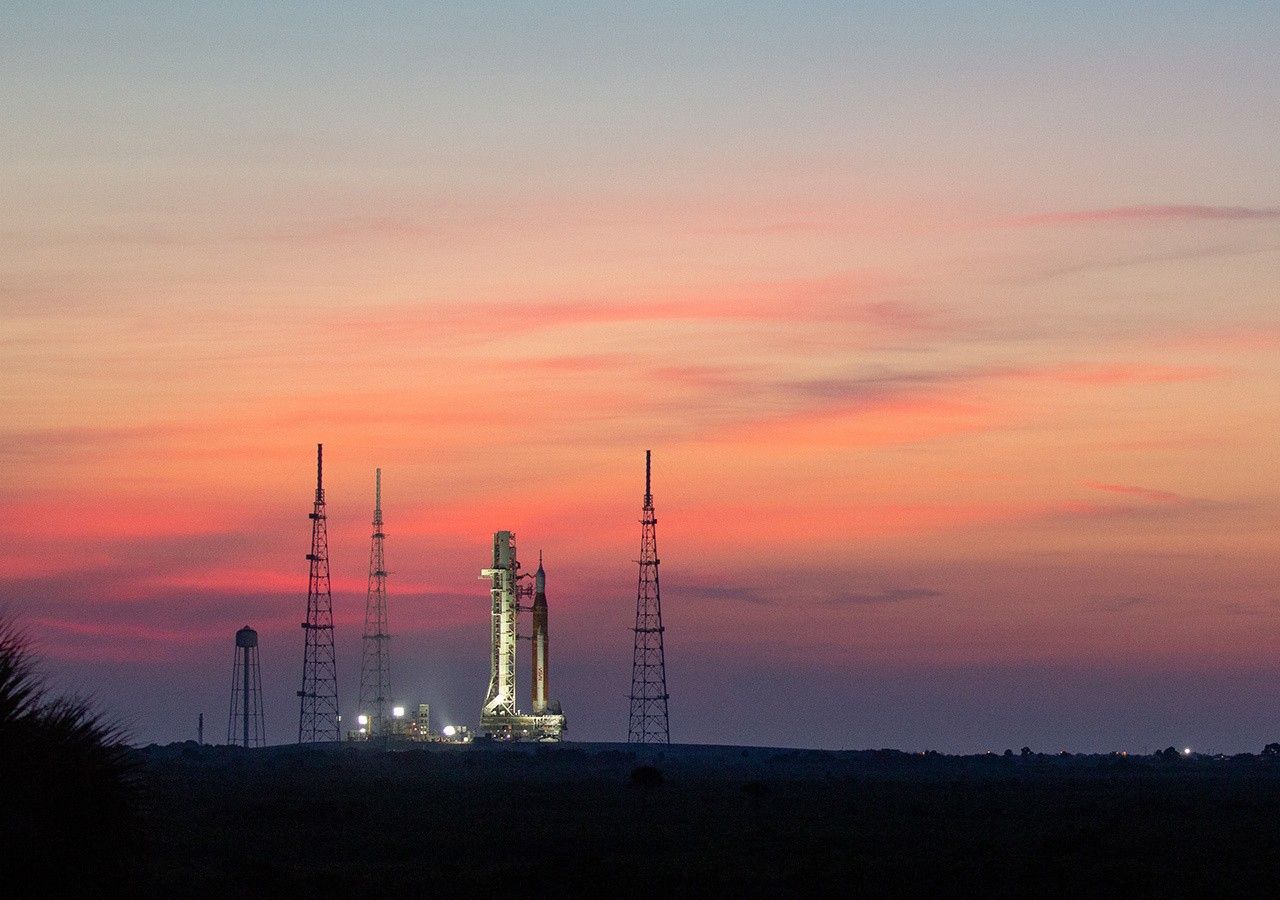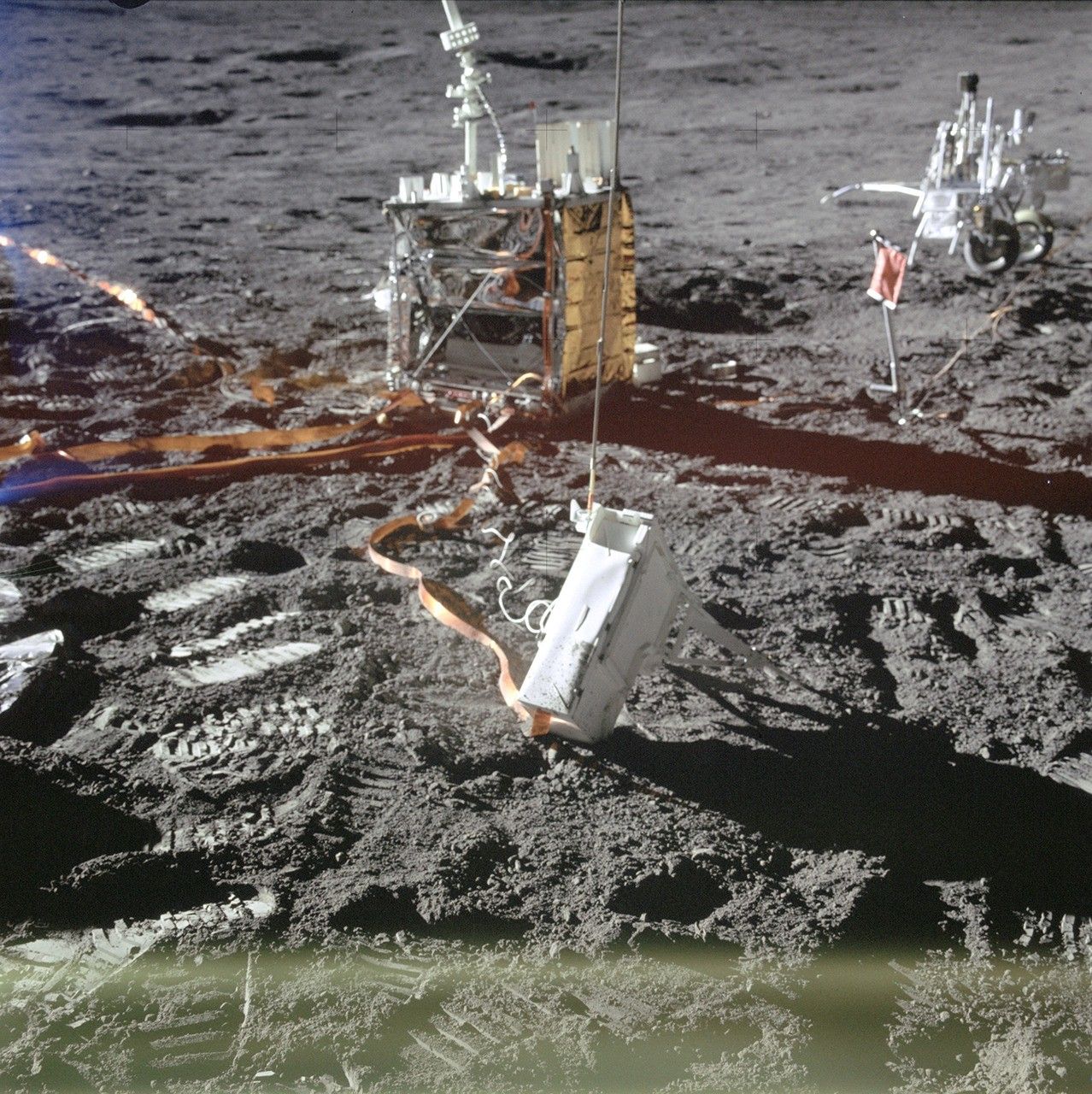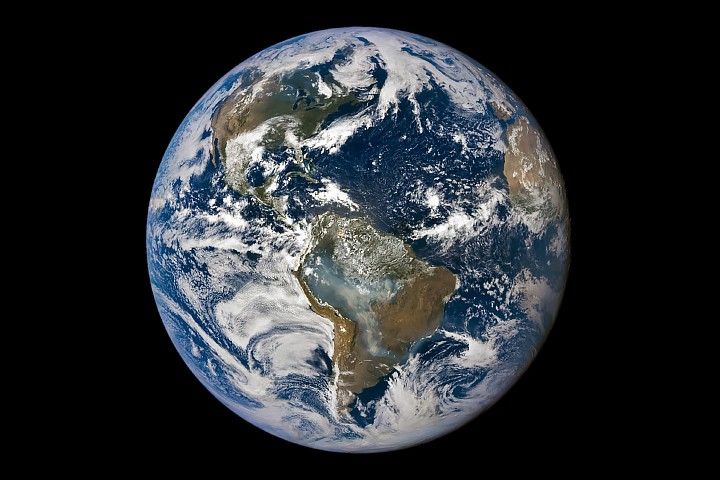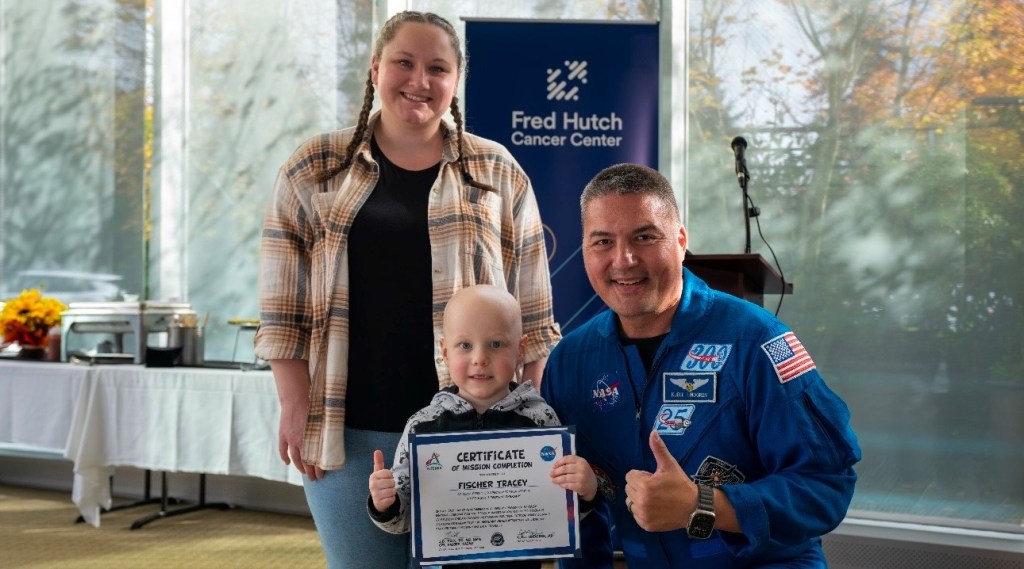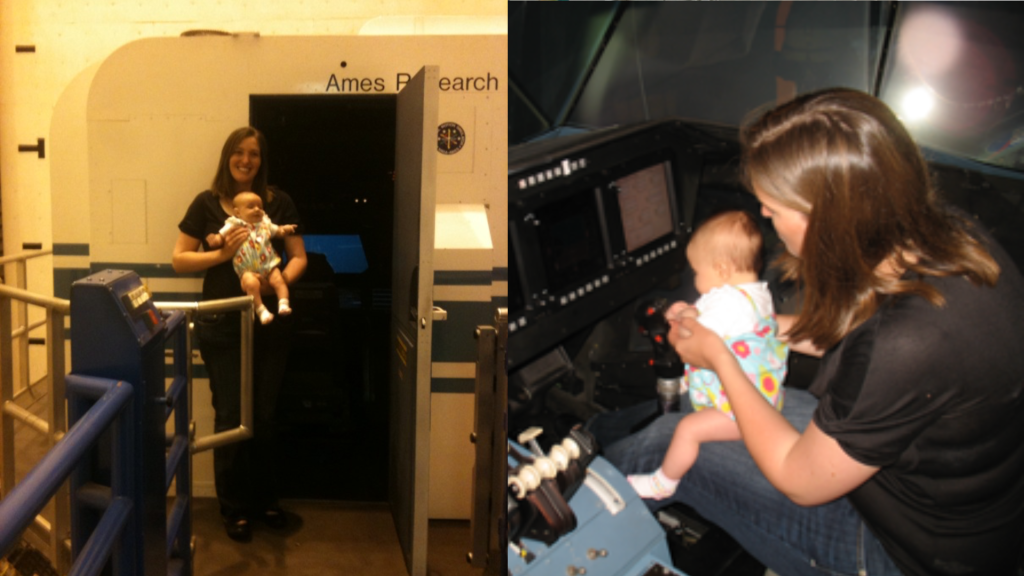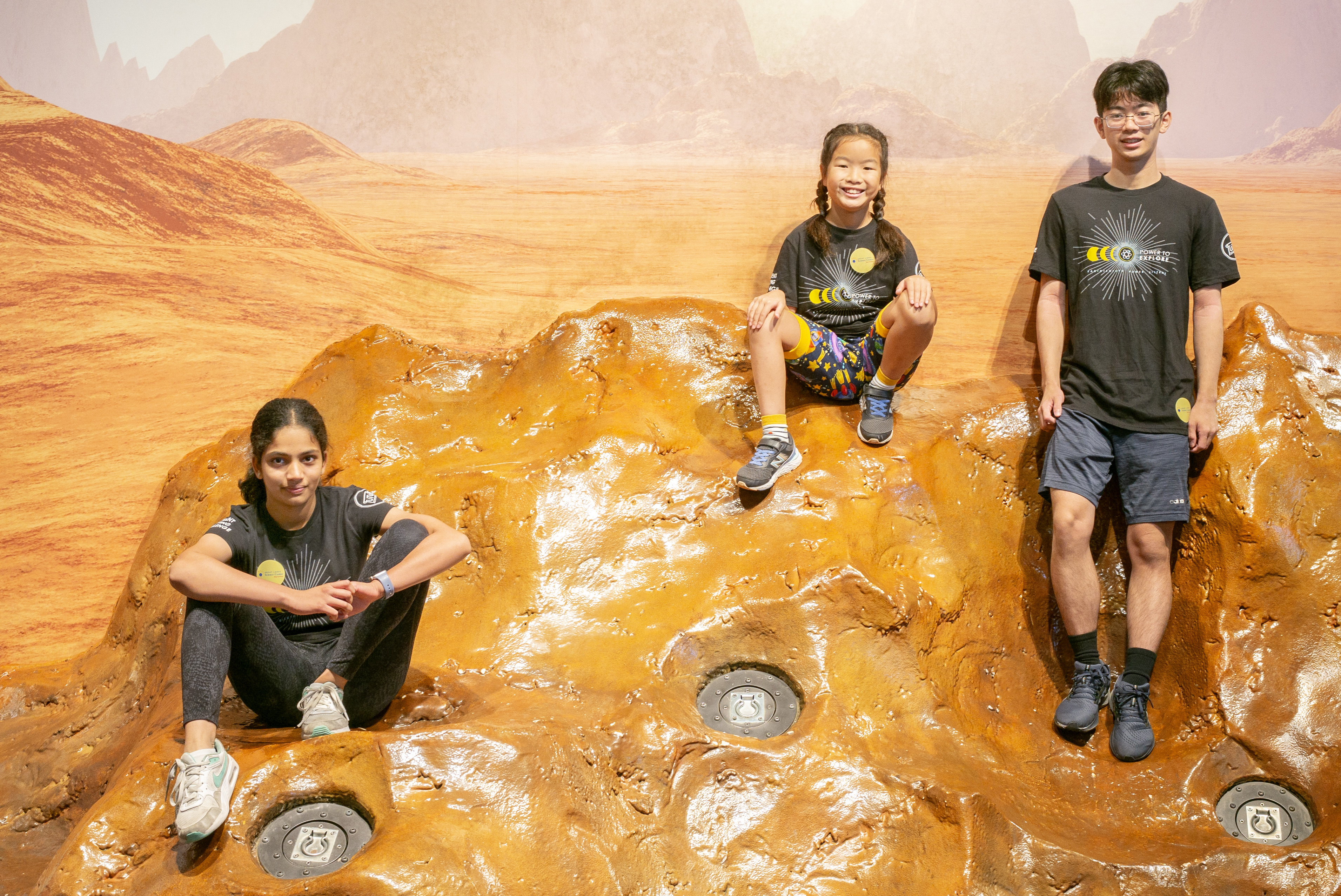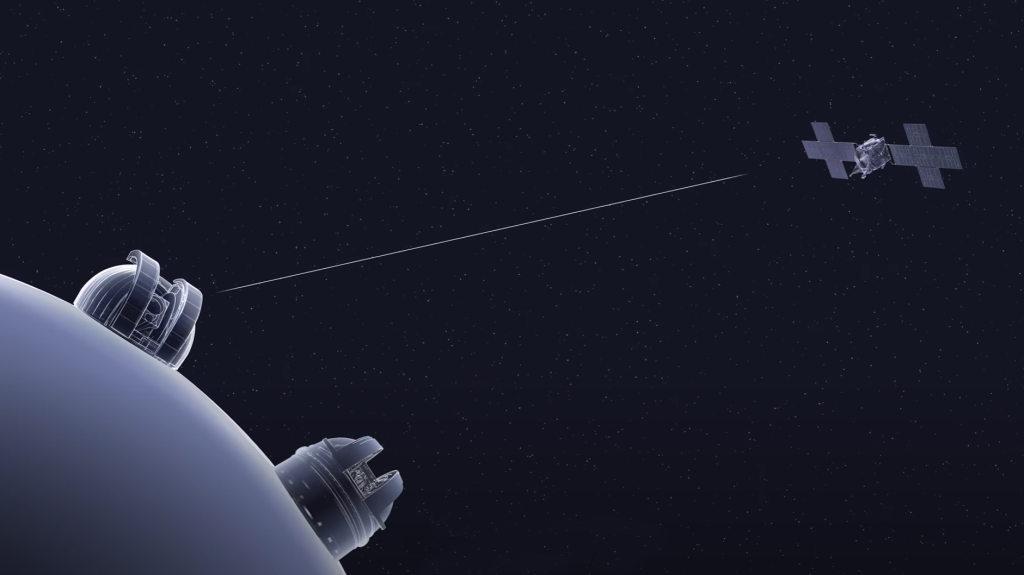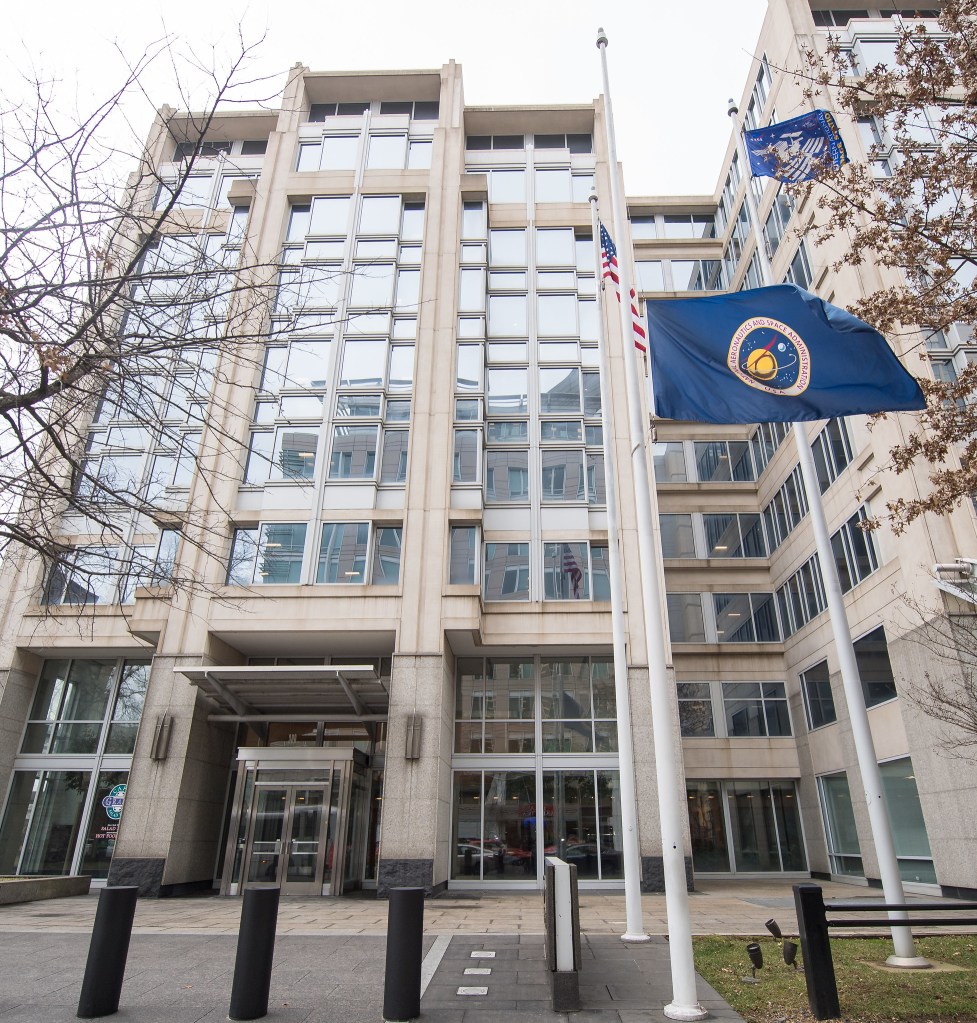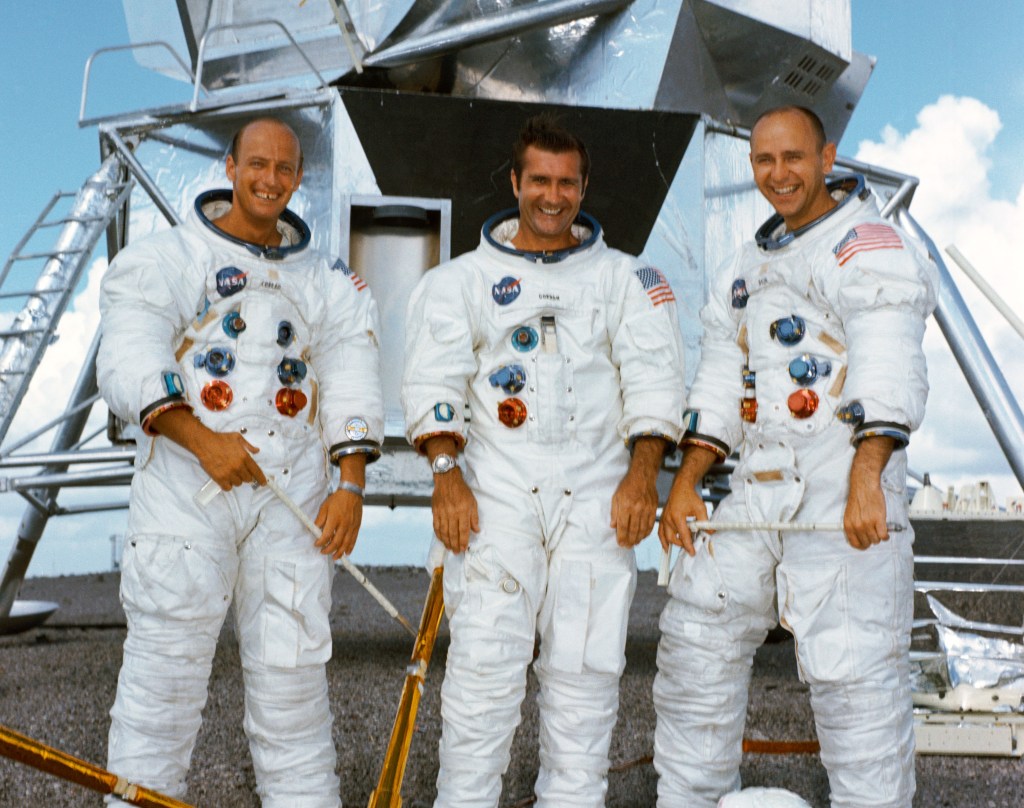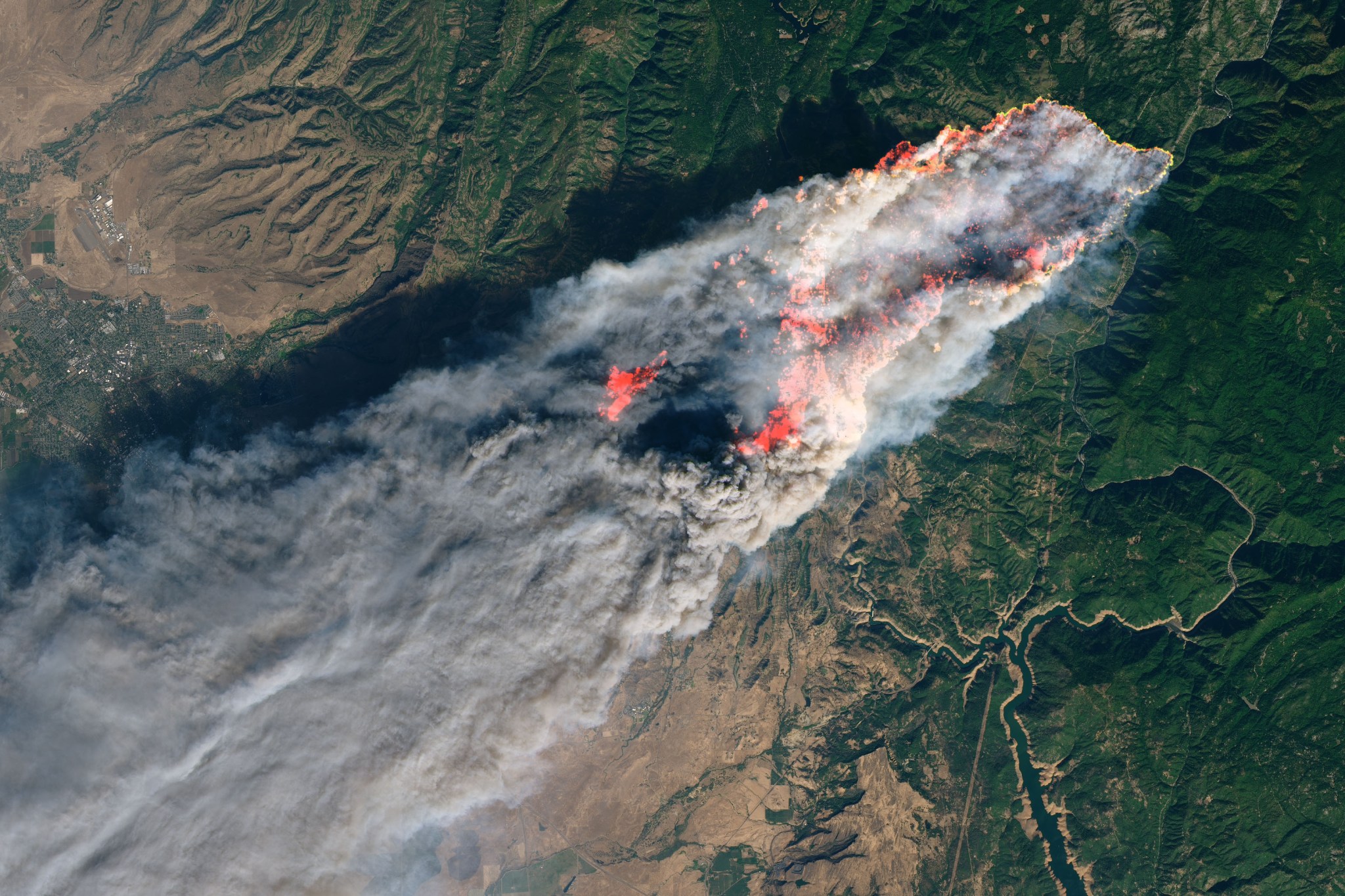
NASA is now an associate member of the National Wildfire Coordinating Group, giving the agency new opportunities to collaborate with federal agencies and other partners to better understand wildland fires and leverage technology and innovation to prevent and manage them for the benefit of humanity.
The interagency group provides national leadership to enable interoperable wildland fire operations among federal, state, local, tribal, and territorial partners. The group works to support the National Cohesive Wildland Fire Management Strategy’s goals of restoring and maintaining resilient landscapes, creating fire-adapted communities, and responding to wildfires safely and effectively.
“As wildfires become larger and more frequent, NASA is working to apply our scientific and technological knowledge toward this national challenge, and integral to our approach is forging collaborative partnerships,” said NASA Deputy Administrator Pam Melroy. “Harnessing our Earth observation capabilities and cutting-edge technology in safe air operations, we are poised to make new connections that will bolster wildfire fighting efforts across the government.”
NASA’s inclusion in the coordination group is a step toward enhancing interagency collaboration. As a member, NASA will have opportunities to develop solutions with wildland fire management agencies as partners to share its research and technologies to aid in the development of standards for wildland fire management. NASA has a rich history of research, development, and technology transfer in the areas of Earth science, space technologies, and aeronautics that will support the group’s mission.
To support the National Wildfire Coordinating Group, NASA will leverage the combined contributions of research and development, data gathering and distribution, and technology transfer from three NASA mission directorates in the areas of earth science, space technologies, and aeronautics. The interagency group membership will help augment NASA’s Wildland Fire Management Initiative, which supports the development, demonstration, and commercialization of wildland fire technology through awards to small businesses, research institutions, and other technology innovators.
“A crucial aspect of the National Wildfire Coordination Group’s role is developing standards for the wildland fire community to enable interoperability,” said Aitor Bidaburu, executive board chair for the group. “With NASA, it will significantly enhance the common operating framework for the interagency wildland fire community.”
NASA’s inclusion also directly supports recommendations the President’s Council of Advisors on Science and Technology made in their 2023 report Modernizing Wildland Firefighting to Protect our Firefighters. Specifically, it recommends agencies:
- Immediately assess, adapt, and field currently available technologies
- Strengthen the full operational sequence of wildland firefighting
- Accelerate improvement of predictive wildfire modeling tools
- Encourage development and field demonstration of prototype systems to expand the nation’s wildfire response capacity
Primary members of the coordination group include the Department of Agriculture Forest Service, Bureau of Indian Affairs, Bureau of Land Management, National Park Service, U.S. Fish and Wildlife Service, National Association of State Foresters, U.S. Fire Administration, Intertribal Timber Council, the International Association of Fire Chiefs, and the Defense Department. Associate members include the Commerce Department’s National Weather Service, and the Department of the Interior’s Office of Wildland Fire.
-end-
Rob Margetta
Headquarters, Washington
202-763-5012
robert.j.margetta@nasa.gov

